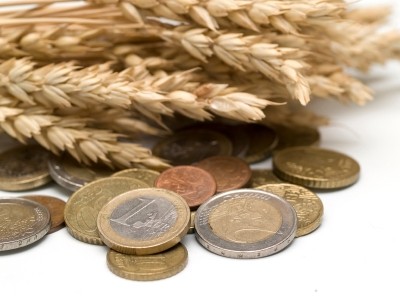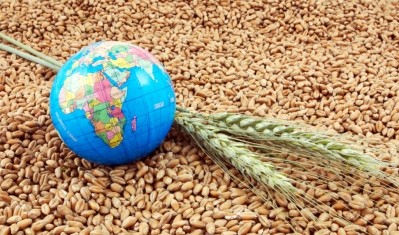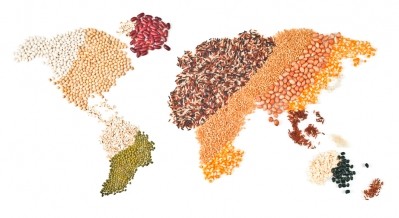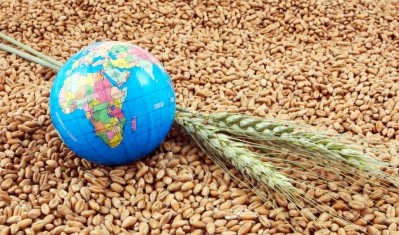Investment in EU grain and oilseeds must be stepped up, says Rabobank
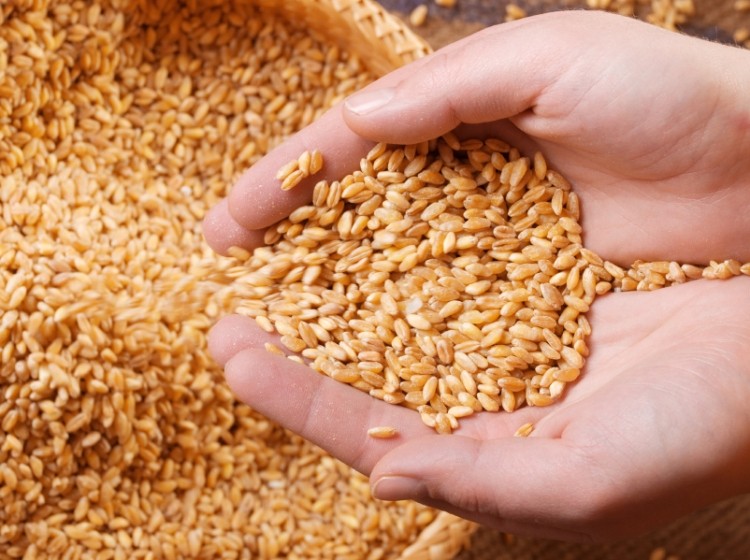
The report showed that investment opportunities exist and could help maximize trade. The cereals working party Copa-Cogeca said all the projects should be included in Juncker’s €315bn investment plan.
Vito Martielli, grains and oilseeds analyst at Rabobank said: "EU logistic infrastructures for grains and oilseeds offer investment opportunities. Eastern Europe will be the main area of growth due to yield and export potential. This presents opportunities for large global players and western European collectors wanting to diversify sourcing options.”
“Germany and France are expected to see growth mainly in inland origination. Players with pan-European ambitions should increase sourcing opportunities in Eastern Europe through logistical assets, be present in destination countries in Southern Europe, and by strengthening of inland origination in their domestic countries," he added.
It was particularly relevant as EU became the world’s top wheat export market. The current year saw an unusually big grain harvest and this trend was expected to continue until 2024, according to the European Commission (EC).
Storage capacity at risk
The report highlighted that storage capacity was not sufficient and that the situation will be even more serious in 2024, unless relevant action is taken.
Max Schulman, chairman of Copa-Cogeca, said: "The study is very timely in view of the bumper harvest this year and the difficulties foreseen in commodity flows in the next decades. The trend in cereals productivity confirms that more commodities from the hinterland will be transported.
Players must solve the current bottlenecks in storage infrastructures to capture this long-term potential and to maximize trade worldwide. Storage capacity needs to be more strategic if farmers are to benefit from the Single Market.”
